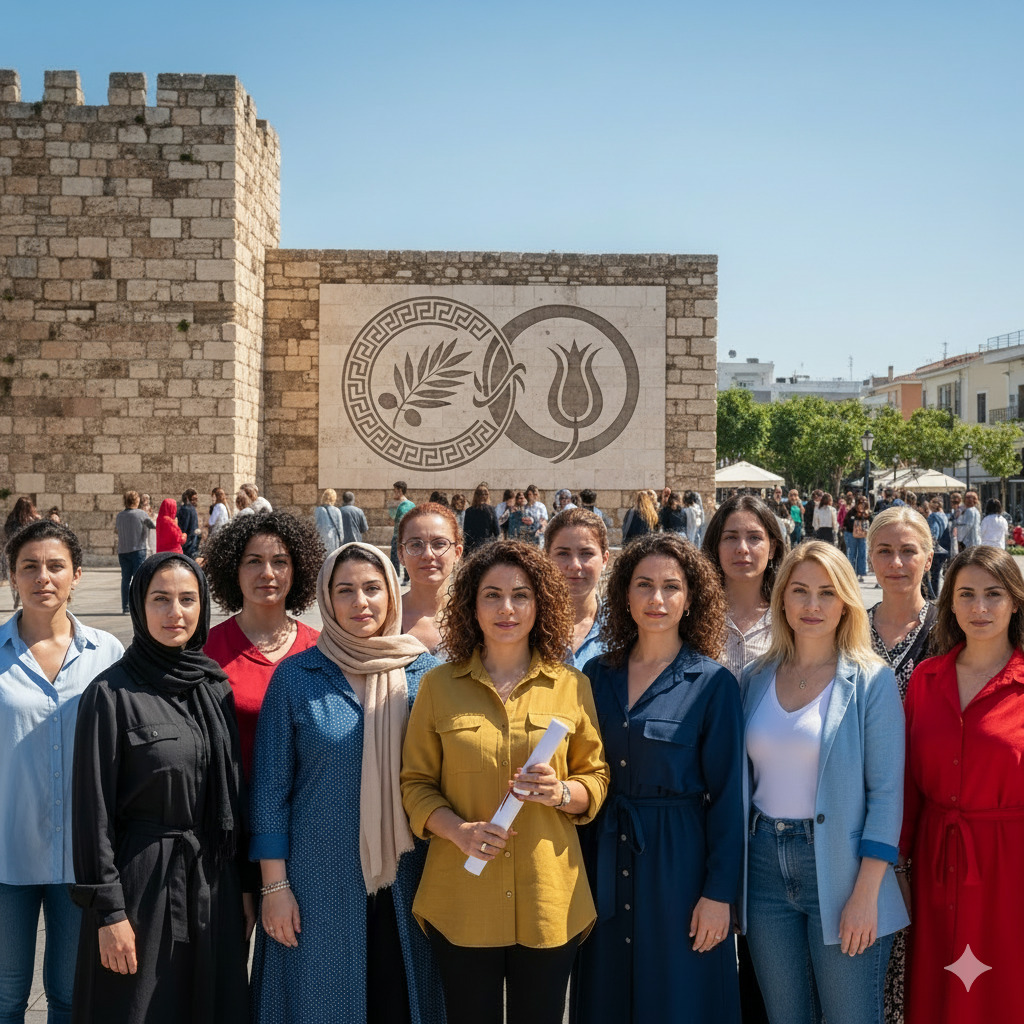Sagir and Others v. Greece, No. 34724/18, ECtHR (Third Section), 24 June 2025

The European Court of Human Rights has condemned Greece for its refusal to recognize a cultural association of Greek citizens called the “Cultural Association of Turkish Women of Xanthi Prefecture”. National courts had rejected the application, believing that the association’s name was misleading and could create confusion about the members’ identity. According to the national authorities, the name could suggest that the members were Turkish citizens or belonged to a Turkish national minority, which contradicted the association’s statutes that required Greek citizenship.
The Strasbourg Court reiterated that the right to form a legal entity to act collectively is a fundamental aspect of the freedom of association (para. 33). The refusal by authorities to register an association constitutes an interference with this right. In particular, freedom of association is especially important for minorities whose ethnic, cultural, and linguistic identities must be respected and protected in a democratic society (paras. 34-35). Any restriction on this right must 1) be prescribed by law, 2) pursue a legitimate aim, such as public safety or the protection of the rights of others, and 3) be “necessary in a democratic society” (para. 36). States can impose reasonable legal formalities for the registration of associations, provided they are proportionate (paras. 37-39). While acknowledging that the restriction on the freedom of association was prescribed by law (para. 41) and pursued a legitimate aim (i.e., “protecting order, legal certainty, and stability in respect of legal matters,” para. 42), the Court determined that it was not at all “necessary in a democratic society” (paras. 43 ss.).
In a key passage, the Strasbourg judges stated that “the notion of a ‘democratic society’ is devoid of any meaning if there is no pluralism, tolerance, or open-mindedness.” For example, pluralism is based on the recognition and respect for diversity and the “dynamics of traditions and of ethnic and cultural identities. The harmonious interaction of persons and groups with varied identities is essential for achieving social cohesion” (para. 49). In its judgment, the Strasbourg Court reaffirmed a fundamental principle of international law: the right to self-identification (para. 50). The judges emphasized that members of a minority group have the right to self-identify as they wish, and they cannot be forced to renounce this identity in the name of the “principle of truth” or public order, especially when there is no evidence that their actions could threaten national security or social order. The Strasbourg Court specified that it has not been asserted or demonstrated by the national authorities that the name proposed by the applicants’ association - or the wording of any provision in its charter -could constitute a threat to public order. In the absence of concrete evidence to demonstrate this, the Strasbourg Judges consider that the association’s name cannot, by itself, justify the non-registration (para. 51). On the contrary, the refusal to register an association with peaceful and cultural purposes, based solely on its name, is a disproportionate act that stifles freedom of expression and association (para. 52).
In conclusion, the ruling in question reinforces the principle that, in a democratic society, the freedom of a group to express and preserve its cultural and associative identity cannot be indiscriminately sacrificed through a rigid interpretation of national law.
(Comment by Laura Restuccia)

